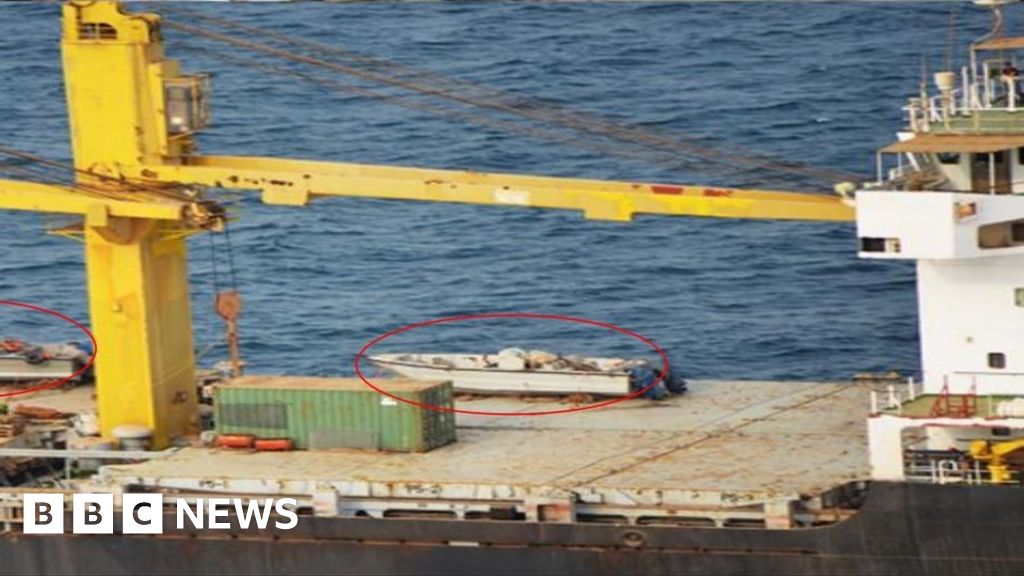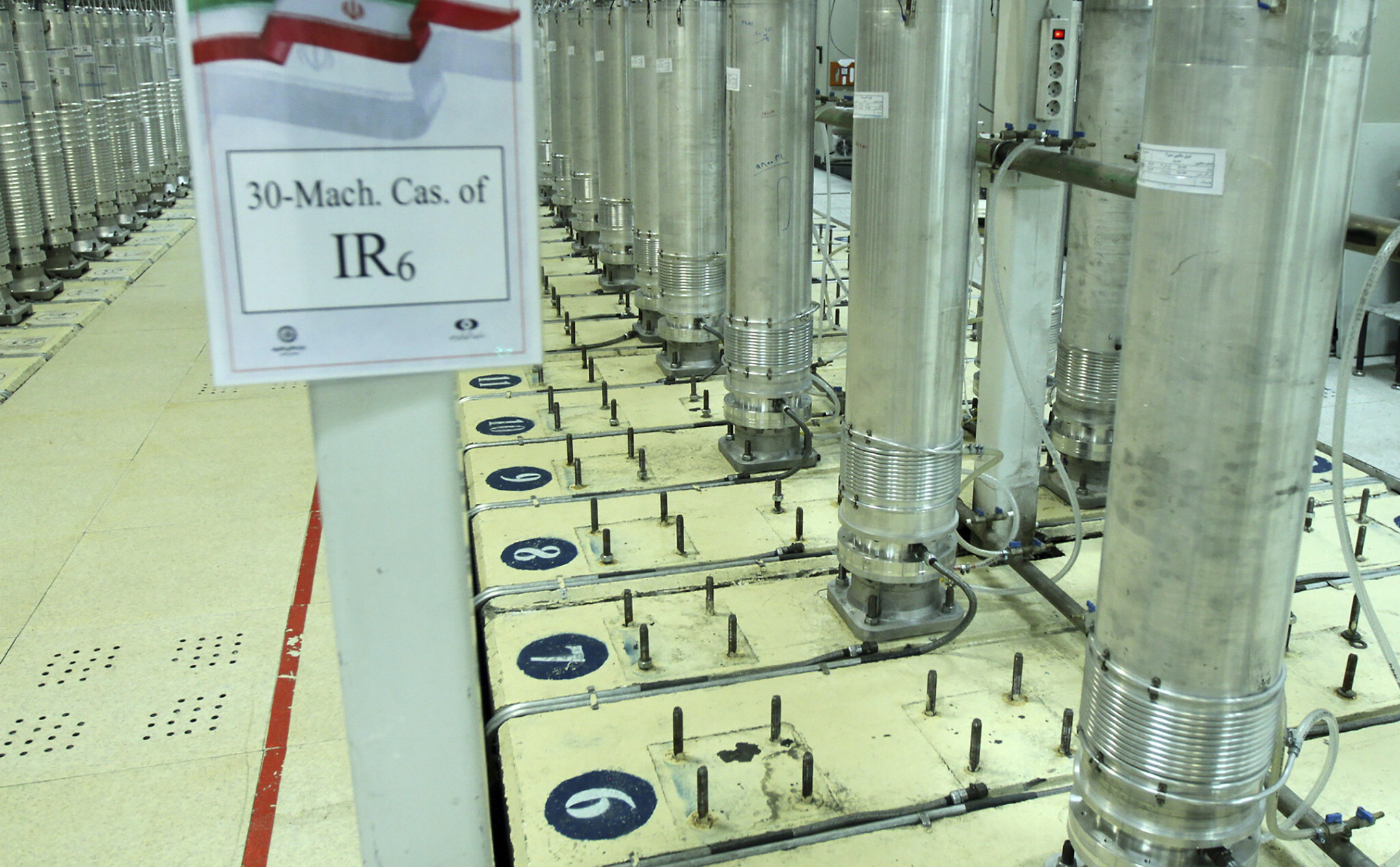I was not aware that they two are openly at war. Do you mind elucidating? Who declared the war? When/how did it start? I know the two have had a sort of "cold war" but that hardly counts as the same. Ditto for proxy wars.
Official declarations of war weren't made for decades, and yet the world is littered with conflicts.
If country A commits hostile actions towards country B, without declaring a war, then country B can retaliate also without any formal declaration or mandate from the UNSC.
International law also recognizes actions made in the spirit of something. The following was explained to me by an international law lawyer.
An official state of war, does not, in itself, justify military action, if there was relative peace/inaction for a reasonably long time.
And a country can even preempt a threat, without a formal state of war, if the threat is considered high enough.
The human factor, of what is considered reasonable, is said to be dominant in international law, at least in comparison to domestic law.
The last formally recognized war between Israel and Iran was in 2006, after which Israel signed a ceasefire agreement with Lebanon alone.
Since then, the threat did not die down. Syria continued hostilities during its civil war, some of which are on behalf of Iran. And Iranian forces continue to attack Israel from within Syrian territory.
In the above cases, those were a combination of proxies, and actual Iranian IRGC units.
So the conflict is by all means ongoing, making smuggling ships a valid target.
Proxies as well, are no longer immune from international law, and there is a reason why formal declarations of war have been abandoned.
My concern here is this. Preventing trade between sovereign nations by a third party against their will, blockading them or preventing them from engaging in bilateral exchanges by a third party set a dangerous precedent. If two countries are in an open state of war, that's one thing. But when it's a political conflict that spills over into military action without a clear cut line between war and peace it creates a grey area where questionably military action becomes acceptable.
I can make a case that it was not, in fact, a bilateral trade, and that all these struck ships were not conducting legal trading activities.
Their modus operandi was turning off their AIS, false identification, and illegal transfer of items at sea.
Furthermore, they transferred arms and oil to those immediately threatening Israel. At no point is transfer of arms to Hezbollah something that can be considered peaceful or political.
The relevance of my comment was vis-a-vis the US using a JPCOA 2.0 style agreement to bring Iran back into the international community in some way or form. Israel is seems to be opposed to this not because of Iran's nuclear program, but in principle, because of the on-going tensions between the two.
On principle? Is this something you can substantiate?
If on principle, then why would Israel actually voice support for a JCPOA 2.0?
Its actions and rhetoric are made in response to developments, not on principles of sticking it to Iran.
The tensions exist because Iran threatens Israel.
This is where I think potentially putting pressure on Israel by exposing some of their own more questionable actions can put Israel on the defensive
The exposure can only bring forth negative effects, if done via leak and not a coordinated exposure.
By keeping it covert, Israel allowed Iran to save face, and both could keep the conflict below the surface. Now, any such action would embarrass Iran, and would force it to retaliate, which in total only increases chances of escalation and generally will lead to more deaths and destruction.
and weaken their arguments against rapprochement with Iran.
Was Israel the one whose leadership was overthrown by ultra religious elitists, or the one that basically invaded every country in the MENA region in one way or another and even set up puppet regimes?
Without nukes, Egypt could reach Tel Aviv. And yet peace was made with them.
Jordan uprooted the entire Jewish population of the West Bank and drove it away, and peace was made with them.
Gulf states pushed the most anti-Israel rhetoric in international forums and normalized hatred toward it, and peace was made with them.
Iran is at war with the entire region, and even after receiving aid during its war with Iraq, has rejected any prospect of peace.
So who's making the arguments against rapproachment here?




